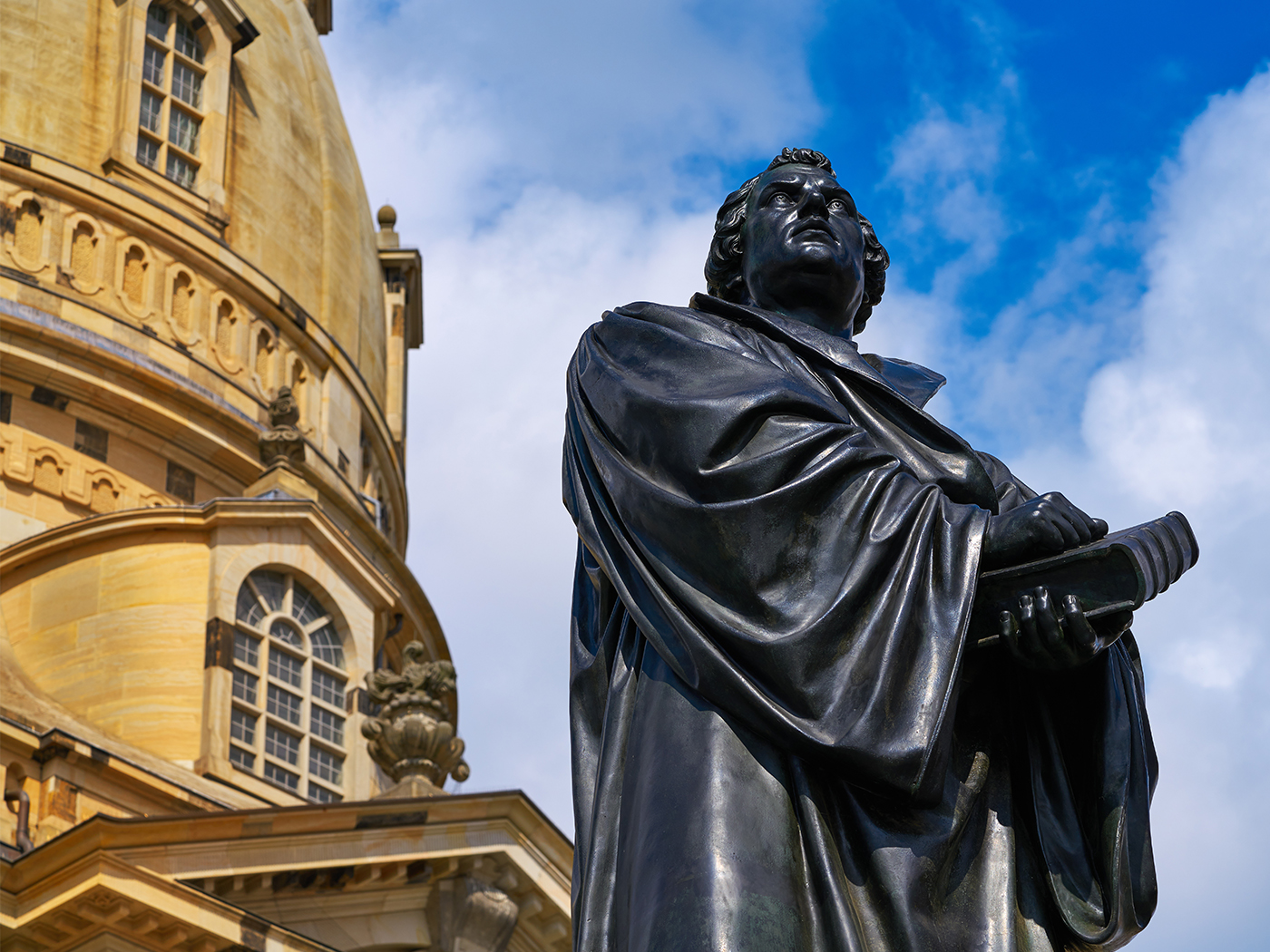The Message
There are over 3,000 different religions in the world, all of which claim to teach the way to eternal happiness. It has often been said that each of them provides a different path to the same end, and that men are free to choose the path that best suits their own disposition and culture. The Word of God is insistent that this is not so!
The Bible insists that the God of the Bible is the only true God (Isaiah 44:6; 45:5-6) and that Jesus Christ is the only way to God (John 14:6). All other religions, while stressing their “paths,” would allow for some other contingency.
The Bible insists that it is the only true revelation, that its words are not to be changed (Proverbs 30:5-6; Revelation 22:18-19), and that its words are the basis of all judgment (John 12:47-50).
The Bible has a unique account of origins (Genesis 1-11). All others are either evolutionary or pantheistic, with eternity of matter as the “beginning.” The biblical account of origins is unique in both quality and quantity of information.
The Bible has a unique historical basis. Other religions are based on the subjective teachings of their founders. Biblical teachings are based on objective and demonstrable facts: creation, the fall, the flood, the life and work of redemption of Christ.
The Bible teaches a unique plan of redemption. It reveals a unique Savior.
-
He was born of a virgin (Isaiah 7:14; Matthew 1:18-25).
- He lived a sinless life (Hebrews 4:14-16).
- He taught as no other man taught (John 7:46; Matthew 7:28-29).
- He died a unique, volitional death (John 10:17-18; Luke 23:46).
- He had unique victory over death (Acts 17:31; 1 Corinthians 15:3-8).
The Bible demands a unique salvation.
- Perfect holiness is required (Romans 3:10-18, 23; 6:23).
- Substitutionary atonement is the only means of reconciliation (Hebrews 10:4-14; Romans 3:24-26).
- Grace is the only measurement (Ephesians 2:8-10; Romans 11:5-6).
Other religions require some form of works or participation.








